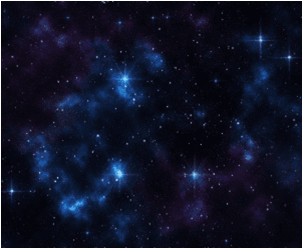
A friend doesn’t go to church, blaming sexual abuse as a child. He’s uncomfortable talking about it, even when struggling and people ask what’s wrong. Sexual abuse is horribly demeaning, destructive, and depraved. I’m thankful there’s the possibility of healing, help, and hope on the other side of it.
This friend shared:
When people use words like “‘spiritual”, “spirit”, or “soul” I ask them to clarify their meaning. Many people’s understandings have stark contrasts. Unless you’re speaking with someone who understands your context, I find these terms useless. I’ve had this conversation with people (I have a boss with a divinity degree). Conversations pop-up around the campfire, but I don’t start trouble in these conversations. I cook food, not save souls.
A guy wrote:
I interpret the phrase “spiritual but not religious” as being an acceptance of esoteric beliefs and a rejection of dogma. Probably not accurate in all cases, but a broad enough brush for most. Getting hung up on things, while still never knowing exactly where someone stands, is annoying. That’s par for the course on social media.
I jumped in:
How dogmatic are they in their “rejection of dogma”? This isn’t unique to the word “spiritual”. Accurately understanding any word requires recognizing the context in which it’s used. Linguistic shorthand is helpfully efficient once participants clarify definitions of their key terms. Often there’re cultural expectations leading one person to assume another person knows what they mean. Often this is true; sometimes not. Take the word “dogma”, or the phrase “I reject dogma”, for example. Who’s dogma? Dogma in what sense? Is rejecting dogma even possible; if so, could one make such a claim without it being a self-defeating statement? Dogma is essentially a philosophical tenet that one thinks is true/good. If a person philosophically holds that their rejection of dogma is true/good, isn’t this (ironically) dogma in action?
Guy:
People belonging to the same church wouldn’t need to explain to each other what they mean by “spirit”. However, I’m referencing the average person who, when asked if they’re religious, answers, “I’m spiritual, not religious”. If I don’t know you, why are you presuming that I’ll define “spiritual” the way you do? I don’t make that presumption; I don’t have any supernatural beliefs in which to shape those terms.
Me:
I think we generally agree. I’m simply hoping to ease your annoyance. I, too, get annoyed. It can be frustrating when people saying they’re “spiritual but not religious” have no idea what they mean by their own words. Too often, it’s intended as a cop-out non-answer. Like “I’m cautiously optimistic”, “Let’s take a wait-and-see approach”, or “It’s not you; it’s me.” Sometimes such phrases are acceptable, but often they’re hedge statements used to avoid getting into a deep/meaningful/honest dialog. I’m unsure what having no “personal supernatural beliefs” means. Do you reject the existence of the supernatural? Or perhaps you don’t believe the supernatural is knowable? Or perhaps you don’t hold to any of the existing specific views about things that are outside of the natural? In any case, all of these positions would be beliefs about the supernatural. To the question, “What’s your personal belief about the supernatural?”, your answer would be either “It doesn’t exist.”, “It’s unknowable.”, or “No one’s gotten it right yet.” Food for thought.
Guy:
Your assumptions are mostly correct, although I’d rather say I reject the “claims” of the existence of the supernatural. The claims fail to meet the burden of proof rather than me failing to accept them. There’s no credible evidence that anything supernatural has been proven to exist. Hence, I’ve no basis for such belief. Whether it’s knowable has yet to be established – it isn’t important until it is.
Me:
Fair enough. You believe there’s no supernatural and your reason for believing this is that the supernatural hasn’t been proven to exist to your satisfaction. In fairness, I should add a “full disclosure” statement so that I reveal as much of my view as you have yours. I’m persuaded there is a supernatural realm, and within it there’s a personal God Who interacts with the natural world. So, I’m someone who’s both “spiritual” and “religious”. Putting a finer point on it, I’m a follower of Jesus Christ, and desire all to recognize their need for Him as the solution to the guilt problem – a problem each of us has.
Guy:
Some say my comments are subjective. Not really. It just has to pass the scientific method as far as I’m concerned. As long as it’s observable/repeatable/testable/falsifiable then it wouldn’t require relying on faith to accept it.
Me:
Ironically, it’s also a matter of faith to believe truth can only be ascertained by scientific method. Additionally, a method designed to ONLY examine natural phenomenon will ALWAYS ignore supernatural phenomenon. It could be suggested that to search for truth in this manner is to search for truth with one hand tied behind one’s back.
Guy:
Where’d you get the impression that I said the scientific method’s the “only” method of ascertaining truth? I contend it’s the “best” method we have, and requires no “faith”. Claims of the supernatural are just that, and haven’t been demonstrated to any point where natural explanations fail. Until they are, I’m unable to form faith-based beliefs.
Me:
I’m not intending to misrepresent your view; I apologize if I have. When you write, “It just has to pass the scientific method” and follow it up with “as long as it’s observable/repeatable/testable/falsifiable” it appears you’re saying you’ll only accept scientific knowledge as valid knowledge. If scientific method is what’s best, I’m curious as to what you’d defend as being second best.
Guy:
I followed up that statement with “as far as I’m concerned”. I’m not sure why that statement would imply I meant “only”, but rather it’s meant to endorse the scientific method as the “best” (not necessarily only) method for understanding. There’re certainly other ways outside of the scientific method to discover knowledge, and there’re also claims that don’t merit much scrutiny. If we’re going to posit something to the extent of whether or not a supernatural event or entity occurred or existed then whether it’s observable/testable/repeatable/falsifiable “should” matter greatly – especially if it happens to be competing with natural explanations. Suffice to say that anything existing within and/or affects or natural world should easily stand up to the scrutiny of the scientific method, regardless of whether another methodology was used to examine/discover/determine it.
Me:
We seem to be misunderstanding one another; I apologize. When you wrote, “as far as I’m concerned”, I took that to mean “it’s my opinion” or “as I view the world”. Do you believe the universe/nature came into existence, or that it’s always existed? Or do you possibly believe that it doesn’t exist? Regardless the answer, are you able to defend it using observable/testable/repeatable/falsifiable evidence? My point isn’t to discount scientific method, but rather to point out its restrictions. It’s good at what it does (study/explain the natural). It cannot be good at what it cannot -by definition- do (study/explain the supernatural). It sounds as though your argument is like saying, “I refuse to believe darkness exists”, then adding, “but I’d believe in darkness, if it could be proven to exist under the scrutiny of a spotlight.”
Guy:
I’m not well-versed enough in cosmological science to properly defend what I accept about the universe origin. As a layman, I see this as a flaw in most historical sciences, but the great thing about science is that our knowledge increases. As new evidence is discovered, our understanding grows and science adapts/adjusts its views accordingly. How the universe came into existence isn’t fully understood, and may never be. Although there’re very strong theories, I don’t believe we have the full picture. However, lack of full understanding isn’t reason for allowing supernatural claims to stand on the same merit with natural explanations. Supernatural claims carry additional burden-of-proof because the supernatural cannot be verified/ascertained (much less its claims as being a cause behind the creation of the universe). In order for me to accept a creator god as an explanation for the origin of the universe, the claim that gods exist (or existed) would need to be addressed first. The problem with your statement is that claims concerning the supernatural can’t be studied or explained if they’re not observable/measurable/repeatable/falsifiable. That anything exists outside the natural world must be demonstrated before any speculation as to what affect it has on the natural world. Also, darkness is observable and measurable (even without a spotlight) whereas the supernatural isn’t.
Me:
Darkness is observable and measurable in relation to an absence of light in nature. It’s an analogy. Any analogy that doesn’t use something from nature would have to be supernatural, and hence would no longer be an analogy. For fun, here are a couple of comments from others about scientific proof. “Can you prove something happened just because you remember seeing it? You could be living in a complex dream. You could’ve had your memories altered or been hypnotized. Your eyes could’ve tricked you. The possibilities are endless. When it comes down to it, you could claim ‘nothing can be proven’.” Here’s another: “You cannot prove where the end of the universe is. You cannot prove to ME that God exists (or doesn’t exist). You cannot prove a single truth as a truth. You cannot prove your reality to me so that I can validate it. You cannot prove to me what’s in your head. You cannot prove what NOTHING is.” As I wrap up my thoughts in this thread, let me add one last thing for pondering. Thermodynamics, electromagnetism, the strong force, the weak force, and gravity are all believed to have been around since the very beginning of the universe and are, in fact, considered to be the very foundation of the natural universe. Yet science alone cannot explain them. Go figure.
Guy:
As for your final thoughts, I’m not sure what you think isn’t explainable, but certainly what knowledge we do have we achieved through science, not through the supernatural. Supernatural explanations that we cannot observe/test/measure suffer a flaw that they’re virtually indistinguishable from hoaxes/myths. If we accept claims without being able to actually observe/test/measure them in some form, then what metric do we apply to discern which supernatural entities/forces/beings/etc. are real and which are hoaxes/folklore/superstition outside of popular acceptance or rejection?
Me:
Thank you for the give-and-take. I’ve appreciated our exchange. If you’re interested in gleaning more about the way people like me attempt look at things, please let me know and I’ll commend to you the work of some excellent philosophers and theologians. They have much to say on these sorts of topics. I hope we connect again.
Many blessings to you,
Pastor Troy Skinner












